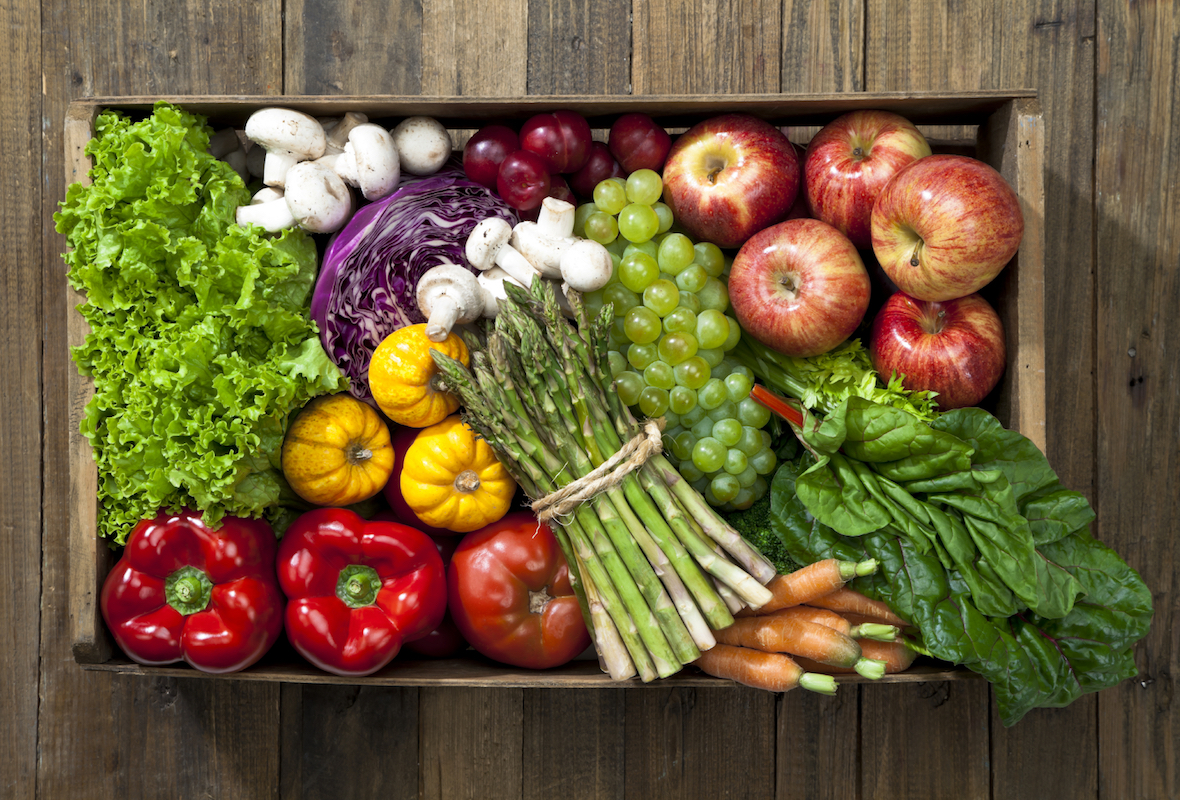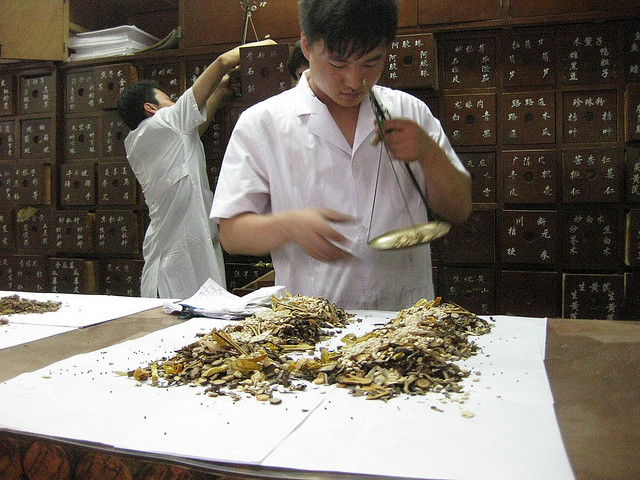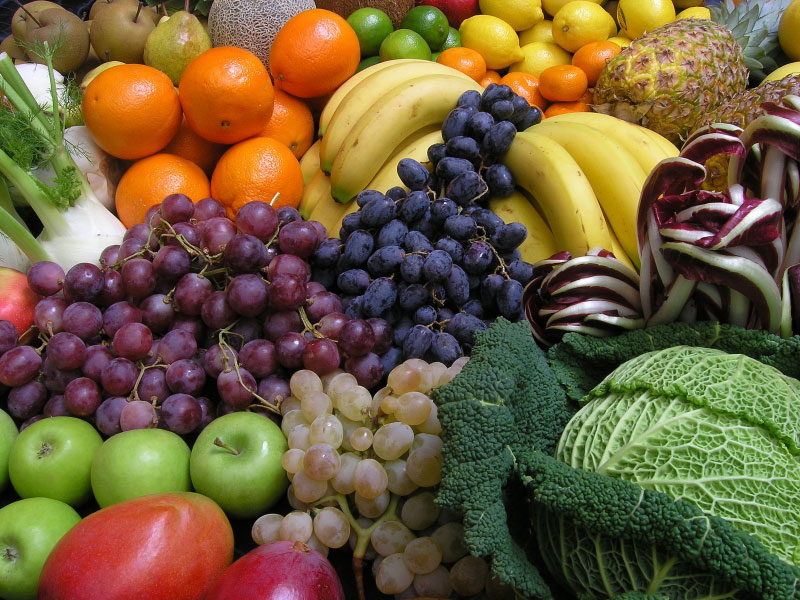Reading Time: 5 minutes
So much of the way we relate to food and our chance of success in changing our diets is related to our psychology and how we respond to the challenges that are presented to us.
Even though intellectually we may think that we can eat a ‘perfect’ diet, in reality, the concept of perfection is an illusion. Even if we could define what we consider to be perfect the fact is that the ideal diet is unique for each one of us and is changing all the time.
Primarily food is a source of nourishment but we also eat for reasons other than this – social connections, enjoyment and at times to change our state of awareness. The trick is to find the balance between all these aspects in order to follow a program that supports our health on all levels.
I strongly believe that a healthy diet should be something that is not forced so that we can enjoy every step in the journey. However, it is easy to get caught up in ideas of what is the ‘right’ way to eat. This can lead to feelings of guilt or inadequacy when we don’t live up to these impossible ideals.
Additionally in this journey, we are all at different levels in our physiology and as well as our lifetime of habits and patterns of eating there are biochemical factors to consider. Often we may feel tired when we attempt to change our diets so we might look to foods that we know will give us a boost of energy, albeit temporary. The drive for short term effects usually wins out over the long term benefits.
Personally, on an emotional level, I have become aware of different aspects of how my emotional state can reflect food choices. Going low-fat raw vegan in May was very challenging for me even though I have already been raw for quite some time. The first three weeks were really tough with a lot of detox symptoms including fatigue and brain fog. But as I persisted I gradually started to feel better.
At about week five I had two days where I felt absolutely fantastic. As someone who is healing from chronic fatigue after almost ten years of serious illness, I was feeling such incredible hope that I was finally presented with a real opportunity to get my energy back to its full potential and start to expand areas of my life that have not been possible.
However, the feeling was not sustained which should not have surprised me, as this is the nature of healing. When we make positive lifestyle changes the benefits seem to come in cycles. You might feel better after a time of following a program and then once again the old symptoms return. Over time the good days become more frequent than the lows and eventually vitality is sustained.
For those of us with long term chronic illness this can be a lengthy process. Most natural health experts advise one month of strictly following a program for each year of your life that you have been unwell.
This can be extremely challenging and has the potential to become an obstacle to achieving success. Most of us have the mentality that we want fast results and patience can be difficult to sustain when the promised results are a long way down the road.
We know if we have a cup of coffee we will have more energy right away, but in regard to dietary change, it takes days and months of eating healthy and maintaining a balanced lifestyle before we can be rewarded with sustained benefits.
In my case those couple of days of high energy and clarity made me feel so positive. I awakened to the possibilities of how I can further share my enthusiasm for nutrition and movement with others so that I may touch other’s lives in a positive way.
When my energy declined again, even though I was doing everything right, this triggered many of the feelings that have dominated my life through the periods of intense illness that I have experienced. I began to question if what I was doing was really working. Of course it was. Those days of high energy are proof of that. So it comes down to a matter of maintaining positivity in the face of ongoing challenges.
Some of this questioning can be a good thing, however. It compelled me to research certain aspects of diet and to clarify my approach to ensure that I am doing the best I can with the information that is currently available both in relation to the science and practical experiences.
I am also currently writing a book about the raw food diet so I take the responsibility very seriously so that I can pass on the best and most relevant information to others who are in a similar situation and are looking to the raw food diet to provide answers to their health concerns.
I have firmly come to the conclusion that while raw vegan diets are an excellent tool for cleansing and enhancement of awareness, in the long term the majority of people don’t do well on these approaches and need to incorporate some quality animal products in varying amounts. Additionally for those of us with sensitive digestive systems, I have also come to believe that there may be a definite role for the inclusion of some cooked food in the diet such as steamed vegetables and perhaps small amounts of gluten-free grains and legumes.
We all are different in the way we relate to food, respond to food cravings ( which are often not truly a craving for food but maybe emotional needs), and what approach will work to satisfy all of our requirements to create truly balanced health.
Personally I need to have a solid theoretical foundation so that I feel secure in the knowledge that I am doing the very best I can in order to support my health at any given moment.
I have also come to realize that letting go of the expectation of a specific outcome can actually help to support the emotional state. When you have no precise expectations then you will not become emotionally upset when results don’t come as quickly as you would like or in the way you hope. Ironically this attitude will probably increase the chance of getting good results due to eliminating the indulgence in negative emotions that also have a deleterious effect on our physiology in ways that are well accepted in the scientific community.
I believe in following cravings for healthy foods because quite often they reflect a true biological need, especially if you have experience with different dietary approaches and have learned to understand the messages from your body. I love eating raw vegan food most of the time but if my body tells me it wants steamed broccoli or eggs then I am going to pay attention to that.
On the other hand, if it says it wants coffee or dessert then I am pretty sure that this is not a biological need but my brain remembering that these foods might temporarily make me feel a lift of energy or shift my emotional state. These days I very rarely crave these types of foods but if it does occur I know that what I need to do is rest my body, do some introspection, eat lightly and probably ensure I am eating enough sweet fruits to satisfy the need for nutritious carbohydrates.
I am sure you all have noticed how your appetite is affected by your emotional state. We tend to either lose our appetite or overeat on unhealthy food choices when we are not emotionally balanced. Supporting emotional balance and addressing unresolved emotional issues can be a profoundly important aspect to address in creating a healthy diet and lifestyle, particularly whenever we are making dramatic changes in the foods we are eating or are dealing with challenges in other areas of our lives.
It does however go both ways and a nutritious diet can foster emotional balance by providing your cells with what they need to function smoothly. Balanced blood glucose and optimal intake of nutrients will help support optimal brain function which increases your likelihood of operating from a place of balance on all levels.
The raw food diet can be a profound tool to support a high level of health of vitality but what matters most is to look at the big picture. We are always learning and if you are doing the best you can with the knowledge that you have at the moment then you are moving in the right direction.
Finding the diet that works for us individually can take some time but perhaps what matters most is that we pay attention to all of the aspects of our life to create true balance and complete healing.



Thank you very much for supplying some reliable ideas on this topic. I have discovered a great variety of savvy ideas about natural health.
All right, what a nice beginning but i’ll have to check into that a tad more. Will let you know exactly what more i have found.
Thank you for this honest reflection. A lot of what you have shared about your journey parallels mine with foo. I have been chronically I’ll with many food sensitivities off and on for over a decade now and I was very much on a big raw food diet kick for a while at one point. Now, I am learning (because my guts are in such bad shape I’m really suffering from this aspect of things right now) about fermentation, sprouting, phytic acid and other anti-nutrients found in raw foods. A lot of this is reduced by eating organic, but many foods are high in phytic acid unless fermented or sprouted or soaked, and in some cases also cooked (e.g. beans and grains), and that phytic acid inhibits the absorption of minerals that we need very badl. This may explain some of your troubles, and might be a good place to direct your research on your nutritional learning journey! I have been cultivating a gluten free sourdough starter and baking slow-fermented (1 1/2-2days) breads, and it is taking care of my light headedness and helping with siezures and shakiness I’ve been having due to manganese and zinc deficiency. It’s so satisfying and delicious and doesn’t wreck my guts like normal bread. Of course this is not raw food – but I have come to think that all raw is not superior but is just a step in the right direction from the harmful methods of processing and toxic additives of our industrial food system. I think we need to learn from the indigenous food preparation traditions of soaking, sprouting, fermenting, and cooking as needed to maximize digestibility by neutralizing anti-nutrients, after a pre-fermentation process. Food for thought. Much love, and I hope this helps in your searching!
Hi Joylin,
This post is actually from 2009 when I was just getting started with a raw food diet. Since then I’ve learned a lot about the diet and how my body responds to different foods. But probably more important, I also discovered that the root cause of my health issues was Chronic Lyme disease and after getting on an appropriate protocol I’ve experienced dramatic improvements.
I’ve also written a blog post about Phytic Acid and the Raw Food Diet which you might be interested in.